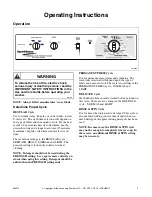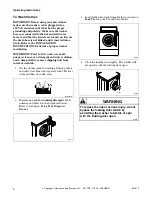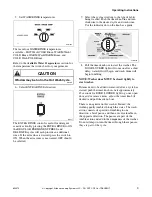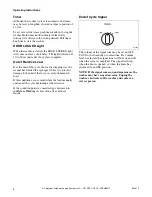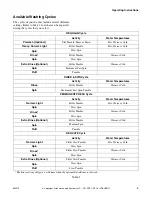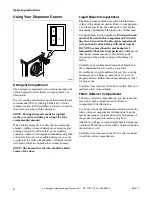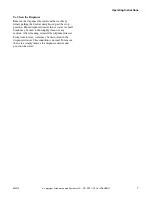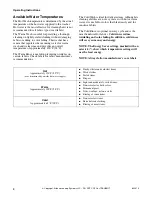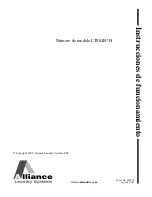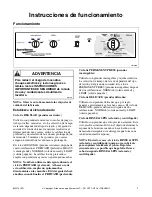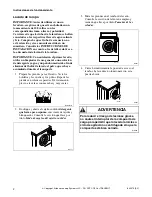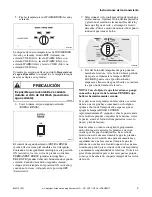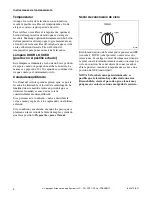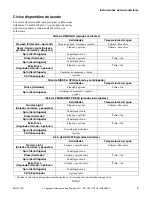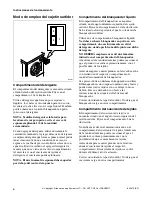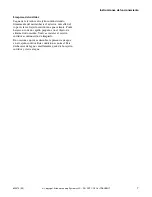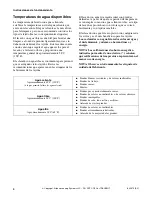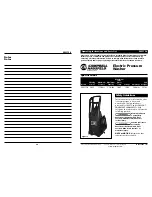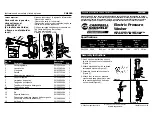
© Copyright, Alliance Laundry Systems LLC – DO NOT COPY or TRANSMIT
800975
6
Operating Instructions
Using Your Dispenser Drawer
Detergent Compartment
The detergent compartment is located on the right side
of the dispenser drawer. Refer to compartment 1 of
illustration.
Use low sudsing powdered or liquid detergents that are
recommended for use with high efficiency or front
loading washers. Powdered bleach can also be used in
the dispenser along with the detergent.
NOTE: If using detergents made for topload
washers, avoid oversudsing by using 1/2 of the
recommended amount.
When adding detergent, use only the recommended
amount. Adding too much detergent or using regular
sudsing detergent could result in an oversudsing
condition, which would require additional rinsing with
cold water. Use care when adding detergent so as not
to spill into the other compartments. Detergent mixed
with fabric softener can make the softener gummy.
NOTE: The normal level of suds should be below
center of the door.
Liquid Bleach Compartment
The bleach compartment is located in the left front
corner of the dispenser drawer. Refer to compartment
2 of illustration. It has been designed to prevent the
dispensing of undiluted bleach onto the clothes load.
Use liquid bleach in the dispenser.
Powdered bleach
must not be used in this compartment. Powdered
bleach can be used in the detergent compartment
only and can be added along with the detergent.
DO NOT use more than the maximum level
indicated for the bleach compartment.
Adding more
than the maximum amount could result in early
dispensing of the product and possible damage to
fabrics.
Carefully pour recommended amount of bleach into
the compartment before starting wash load.
Be careful not to spill undiluted bleach. It is a strong
chemical and can damage some fabrics if it is not
properly diluted. Follow bleach manufacturer’s label
for proper use.
Carefully close dispenser door. Do not allow bleach to
spill into other compartments.
Fabric Softener Compartment
The fabric softener compartment is located in the left
rear corner of the dispenser drawer. Refer to
compartment 3 of illustration.
Use no more than the maximum level indicated for the
fabric softener compartment. Adding more than the
maximum amount could result in early dispensing of
the product and possible staining of fabrics.
Add fabric softener to compartment before beginning
washload. The fabric softener will be dispensed during
the last rinse cycle.
Carefully close dispenser door. Do not allow softener
to spill into other compartments.
H380I
3
2
1
H380I



